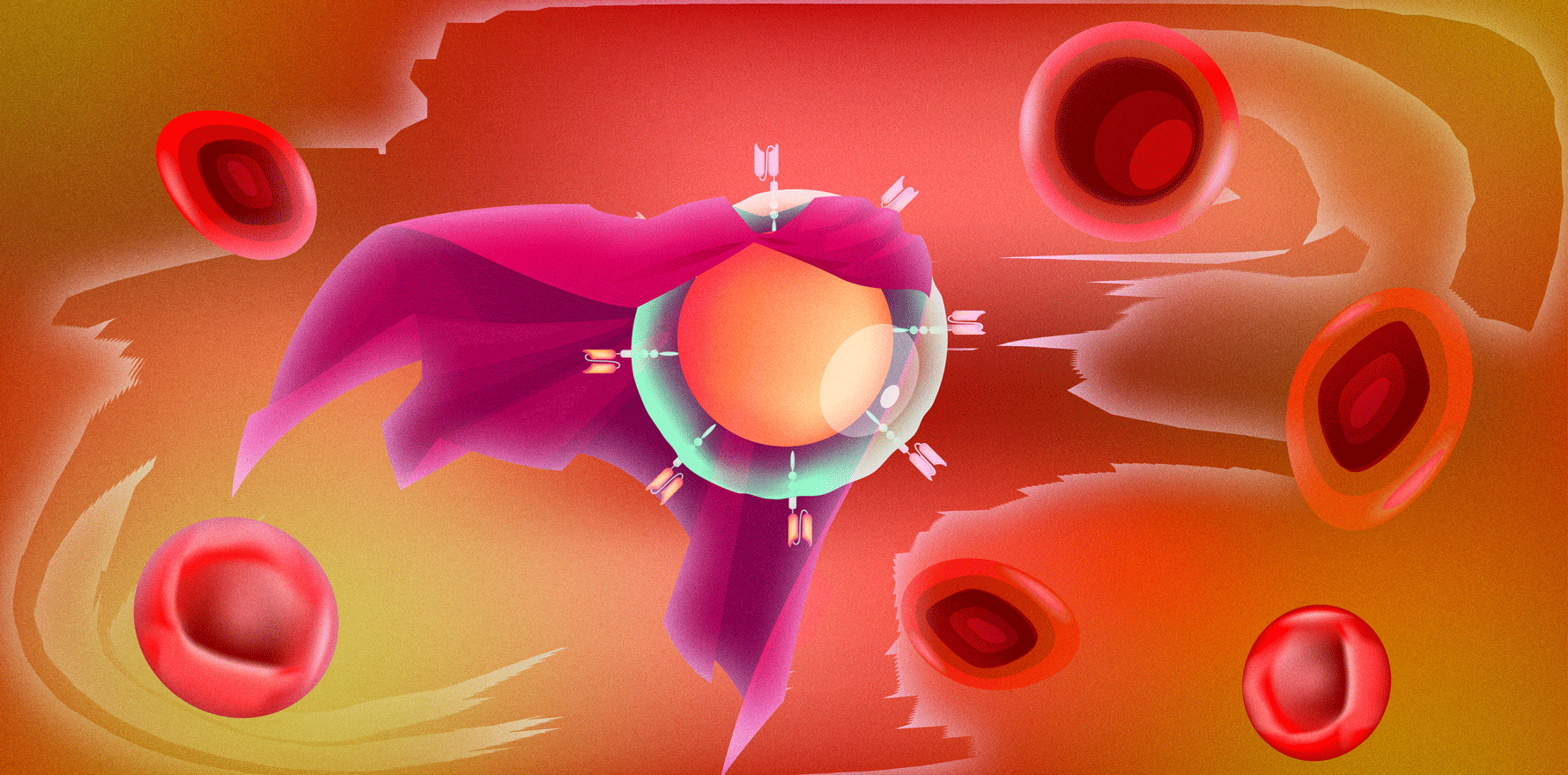New myositis labels are important in practice, says an expert.
New classification and naming guidelines for anti-synthetase syndrome have been developed.
During a plenary session at the Australian Rheumatology Association’s Annual Scientific Meeting in Adelaide earlier this month, international keynote speaker Professor Hector Chinoy touched on an important but occasionally unappreciated aspects of medicine – naming conventions.
“One of the really important things that we have to do when we understand the underlying aetiological causes of a disease is understanding what to call it – and whether we are all calling the disease by the same name,” the consultant rheumatologist and professor of rheumatology at The Alexandra Hospital in Manchester, UK, told delegates.
“It might seem rather irrelevant, but it’s actually not because we need to be talking the same language in terms of how we diagnose patients.”
The honorary consultant rheumatologist at the Salford Royal NHS Foundation Trust used anti-synthetase syndrome as an example of how inconsistent terminology and abbreviations can least to substantial challenges in clinical care and research – and how these inconsistencies can be addressed.
A recent study published in Rheumatology highlighted that at least nine different terms and ten different abbreviations had been used to refer to anti-synthetase syndrome, including anti-synthetase antibody syndrome, anti-Jo1 syndrome, ASS, ARS and ARA.
“Among [abbreviations], ASS has been the most widely adopted globally… However, owing to the polysemantic nature of the abbreviation ASS, there has been a recent shift in usage with preference for terms such as ASyS,” the authors noted.
The authors went on to conduct a Delphi survey of international myositis experts and patients to determine the preferred terms and abbreviations that should be used for the condition.
While there was some debate about where there was a need to hyphenate anti-synthetase syndrome, the group eventually agreed that the hyphenated version was more grammatically correct.
The abbreviation discussion also involved a certain level of debate amongst respondents.
“ASS remained the most popular choice owing to its widespread recognition, simplicity and ease of use and recall. Some respondents argued that scientific abbreviations should not be altered for linguistic reasons,” the authors wrote.
“However, ASyS was preferred by others for its clarity and ease of use, as well as its potential use to distinguish between different system involvements.”
The latter abbreviation was eventually selected, although Professor Chinoy noted that umbrage taken towards ARS when it came time to identify the preferred abbreviation, with this option receiving less than 3% of the vote.
Related
The consensus regarding the preferred name and abbreviation for ASyS comes shortly after a new classification system for the condition was introduced late last year. A detailed analysis of over 2000 people, roughly half of whom had ASyS, proposed that the clinical and serological features of ASyS fell into seven key domains: joint, muscle, lung, skin, cardiac, serological and other.
Key features of ASyS included arthritis, muscle involvement (e.g., muscle weakness and increased muscle enzyme levels), interstitial lung disease, mechanic’s hands, Raynaud’s phenomenon and unexplained fever.
“In contrast, dysphagia, EMG/MRI/muscle biopsy findings suggestive of myopathy, inflammatory rashes, myocarditis and pulmonary arterial hypertension were not associated with [ASyS] diagnosis. In some cases, these variables were even inversely associated with [ASyS], likely due to the higher frequency of those findings in the control group,” the authors noted.
Professor Chinoy was positive about the new classification system, saying it would help rheumatologists to standardise the way they viewed ASyS and define inclusion criteria for future clinical trials.
ARA 25 was held at the Adelaide Convention Centre from 3-6 May.





